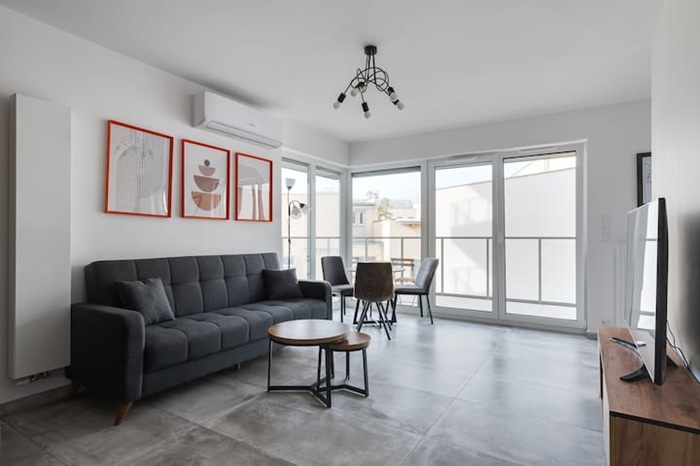Property management is more than just handling rent payments and scheduling maintenance. A successful property manager understands the importance of creating a respectful and professional relationship with tenants while also maintaining consistency in enforcing lease terms and property rules. Striking this balance can be challenging, but it is essential for long-term occupancy, fewer disputes, and a positive rental environment. Let’s explore how property managers can maintain this balance effectively.
How Can Property Managers Build Strong Tenant Relationships?
Set Clear Expectations from the Start
Establishing a good relationship with tenants begins at the very beginning, during the leasing process. Property managers must communicate all expectations clearly and transparently. This includes rent due dates, maintenance procedures, noise policies, pet guidelines, and other property rules.
When tenants are fully aware of their responsibilities and what is expected of them, misunderstandings are less likely to arise. A well-structured lease agreement that outlines all rules in simple terms is a valuable tool in achieving this clarity.
It also helps to discuss these rules verbally during the move-in process. Taking the time to walk through the agreement with tenants can build trust and create an open channel of communication right away. You can get help from gestión integral de inmuebles Valencia for better guidance.
Maintain Open and Consistent Communication
Effective communication is the foundation of any professional relationship. Property managers should be approachable and responsive to tenant inquiries, repair requests, and concerns.
By being available through multiple communication methods (email, phone, or management portals), tenants feel heard and respected. Responding within a reasonable timeframe, even if it’s just to acknowledge a request, shows that the property manager values the tenant’s experience.
Regular check-ins, such as seasonal newsletters or occasional surveys, can also help keep the lines of communication open. These updates can include information about upcoming maintenance, changes to building policies, or reminders of existing rules, all without sounding punitive.
Be Consistent with Rule Enforcement
A common mistake in property management is uneven enforcement of lease rules. When tenants see that some rules are enforced for certain people and overlooked for others, it causes frustration and can lead to conflict.
To prevent this, it is important to apply the same standards to all tenants. For example, if one tenant receives a warning for late payment, all tenants should be held to the same standard. Consistency builds credibility and reinforces a sense of fairness.
Documentation is essential in this area. Keeping records of communications, violations, and resolutions will help support any actions taken and provide context in case disputes arise later.
Address Conflicts Professionally and Promptly
Disagreements are unavoidable in any residential setting, but how they are handled can make all the difference. Property managers should approach conflicts calmly, listen to all parties involved, and aim for a solution that aligns with the lease terms.
Instead of taking a confrontational stance, explain the issue factually and reference the lease agreement. Avoiding emotional language and staying focused on the policy helps prevent escalation. Most tenants will respond better when they feel the situation is being handled fairly and without personal bias.
Provide a Comfortable Living Environment
While enforcing rules is important, property managers should also focus on delivering a positive living experience. Well-maintained common areas, timely repairs, and attention to cleanliness all contribute to tenant satisfaction.
When tenants feel their needs are being met and the property is looked after, they are more likely to respect the rules and appreciate the efforts of the management team. This approach supports a stable rental community and reduces turnover.
Some property management firms offer gestión integral de inmuebles Valencia services that combine operational efficiency with resident satisfaction. By handling both administrative and tenant-facing duties in a streamlined manner, these services help property managers focus on building and maintaining strong tenant relationships.
Conclusion
Property managers can develop strong relationships with tenants while still upholding lease terms and property rules by focusing on clear communication, fairness, and responsiveness. Building a positive living environment does not mean overlooking responsibilities, it means handling them professionally, consistently, and with respect for the people involved.





